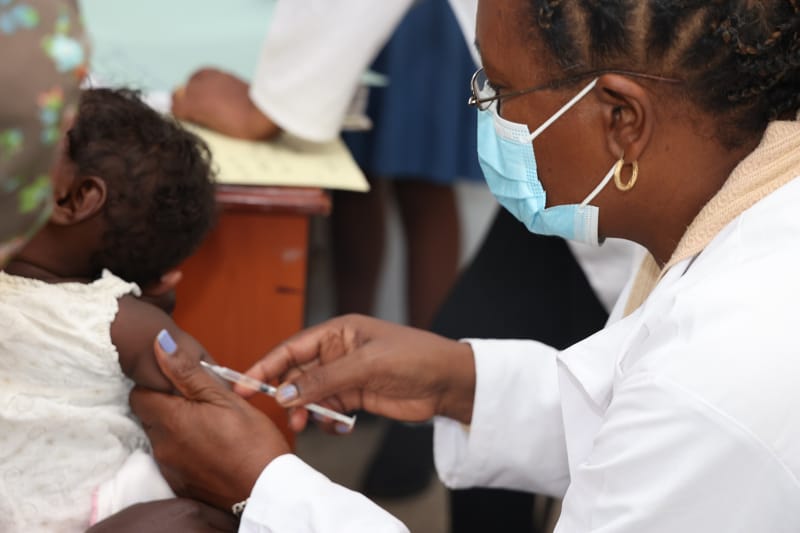Private Sectors Immunization Support Activity (PSIS)
Overview
The involvement of the private sector in providing immunization services in Ethiopia has not been extensively explored. Forty private health facilities were systematically selected across seven regions of Ethiopia. The implementation research was conducted in phased approaches, which included a preparatory phase, facility readiness assessments, and interventions. The interventions consisted of capacity building, equipment provision, and ongoing support through supervision and mentoring. Key informant interviews were conducted among representatives of randomly selected five health facilities. Trends in immunization coverage were analyzed using SPSS, while the qualitative data was analyzed using thematic analysis.
Outcome
Availability of essential cold chain equipment (CCE), such as cold boxes improved from 32% to 100% at the end of the project period. At baseline, none of the forty health facilities had trained personnel or an immunization focal person. However, at the end of the project, over 95% of the health facilities had dedicated immunization rooms, assigned immunization focal persons, and routinely provided immunization services. The availability of vaccine registers increased from 32% at baseline to 100% at the end of the project. 70% of the health facilities began reporting using the Digital Health Information System (DHIS2) at the end of the project. The number of children receiving BCG, Pentavalent 1, and 3 vaccines increased by more than 200% within six months of the project.




